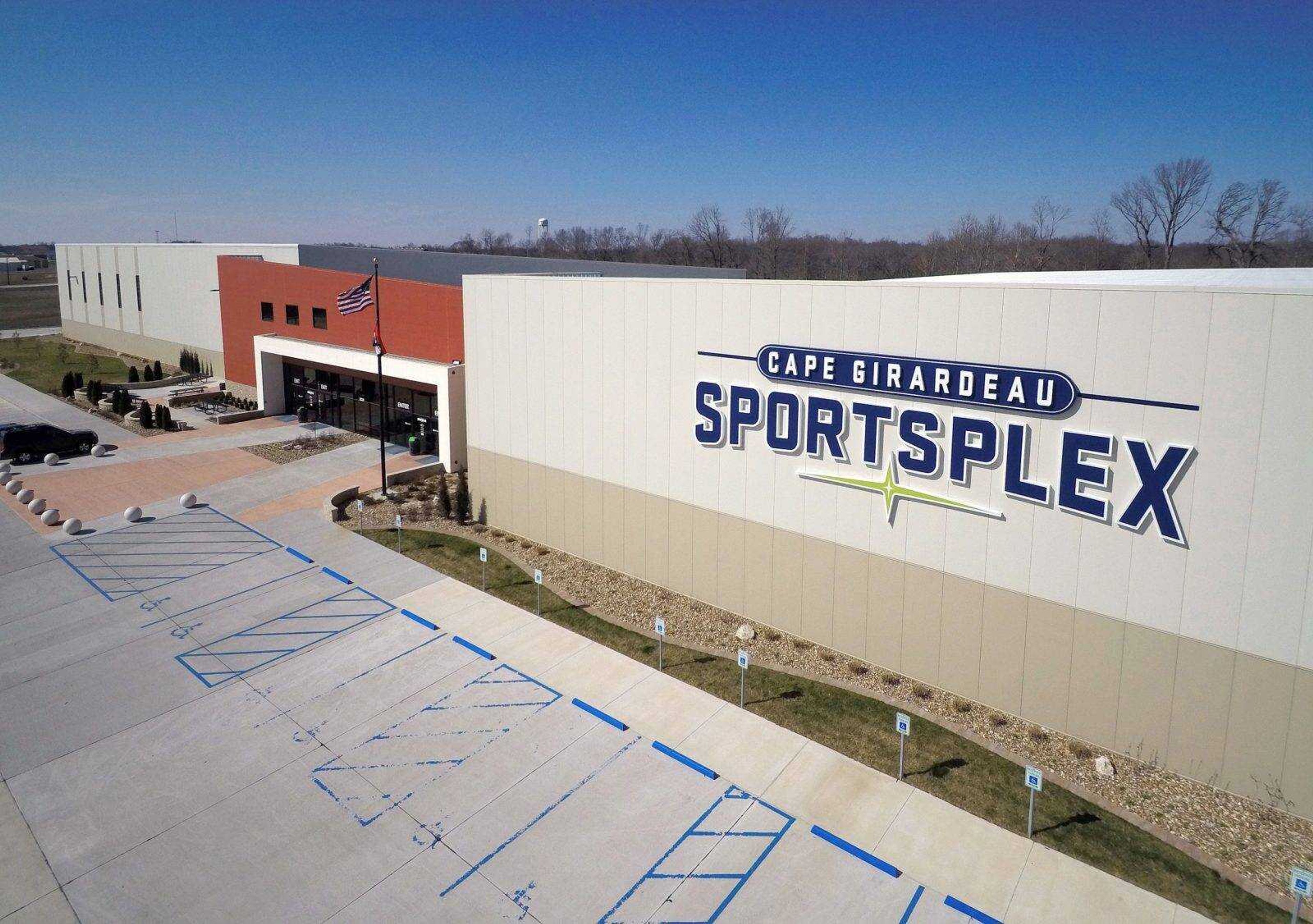Union Pacific railroad agrees to changes after fiery derailment
BILLINGS, Mont. -- The nation's largest freight railroad agreed to more thorough inspections and maintenance improvements after a fiery oil-train derailment in Oregon and the discovery of more than 800 potential safety violations across its sprawling network...
BILLINGS, Mont. -- The nation's largest freight railroad agreed to more thorough inspections and maintenance improvements after a fiery oil-train derailment in Oregon and the discovery of more than 800 potential safety violations across its sprawling network.
Details on the agreement between the Federal Railroad Administration and Union Pacific Railroad were obtained by The Associated Press.
Sixteen tank cars from a Union Pacific train hauling North Dakota crude through the Columbia River Gorge derailed in early June along a curve in the tracks near Mosier, Oregon. The accident sparked a massive fire that burned for 14 hours and prompted the evacuation of nearby areas.
No one was injured, but federal officials said the railroad wasn't following its inspection rules to ensure the track was safe. A closer examination of the tracks would have caught a series of broken bolts that allowed the rails to move too far apart where the accident occurred, officials said.
The investigation into the accident is continuing.
The more than 800 potential violations against Union Pacific were found as part of a two-year examination of tracks across the U.S. used to haul crude. They include some of the same lax inspection problems blamed in the Mosier derailment, federal officials said.
Enforcement actions against the company have not been finalized.
Spokeswoman Calli Hite says Union Pacific is committed to making its lines safer and has fixed the problems identified by the government as potential violations. She characterized the agreement disclosed Friday as the result of a collaborative effort with federal railroad officials.
"All of the issues, the 800 that were noted, have been addressed," she said. "We did everything as soon as we talked to them and knew we needed to do it."
Federal Railroad Administrator Sarah Feinberg said the agreement raises the bar on safety.
"This compliance agreement requires Union Pacific to go above and beyond existing regulations," she said.
The oil industry has become heavily reliant on trains in recent years because of limited pipeline capacity in the booming oil patch of the Northern Plains and the oil sands region of western Canada.
Omaha, Nebraska-based Union Pacific operates more than 32,000 miles of track across 23 states.
The safety measures included in the agreement with the FRA will apply to all rail lines used to haul oil and other hazardous liquids, passengers, explosives, radioactive materials and poisonous gases. That includes about 22,500 miles of tracks, Hite said.
They include an inventory of all curves in the track that are three degrees or greater across that network and walking inspections every 120 days on tracks that have the type of bolts involved in the Mosier accident.
Those inspections have to occur every 30 days in the part of the network that includes the Columbia River Gorge.
Previously, Union Pacific said it would voluntarily take some of the same steps within the gorge, a designated national scenic area popular with boaters and windsurfers along the Oregon-Washington border.
The safety agreement was welcomed by Oregon elected officials including Gov. Kate Brown and U.S. Senators Ron Wyden and Jeff Merkley. All have called for a halt to oil trains traveling through the gorge.
Wyden and Merkley said in a statement Friday "banning oil trains .... is the only way to completely eliminate future derailments."
The Democratic lawmakers added they would closely monitor the railroad agency after President-elect Donald Trump takes office next month to ensure the terms of the Union Pacific agreement are upheld.
At least 27 oil trains have been involved in major derailments, fires or oil spills in the United States and Canada in the past decade, according to an AP analysis of accident records.
The trains travel through more than 400 counties across the U.S. to reach refineries on the West, East and Gulf coasts, according to the AP analysis.
A 2013 derailment killed 47 people when a runaway oil train from North Dakota jumped the tracks and exploded in Lac-Megantic, Quebec.
Damage from that accident has been estimated at $1.2 billion or higher.
The U.S. Transportation Department says it assessed more than $15 million in civil penalties against the U.S. railroad industry this year for safety violations and other infractions, a slight increase over 2015.
Of the major railroads, BNSF Railway racked up the most penalties in 2016, totaling $3.4 million from 1,349 violations. Union Pacific had $3 million in penalties from more than 1,222 violations. Pending violations were not included.
Connect with the Southeast Missourian Newsroom:
For corrections to this story or other insights for the editor, click here. To submit a letter to the editor, click here. To learn about the Southeast Missourian’s AI Policy, click here.









